Almost every woman has toiled before the mirror, trying desperately to look “professional.” In the corporate sphere the demands on women, and more challenging minority women, to adopt an ideal corporate appearance, which in most cases is the white male, remains. Especially when it comes to hairstyles. Yet the opposite is true in mainstream culture. Hairstyles that haven’t previously been embraced are now popping up everywhere, including the natural afro, the flat-top, defined curls and full-out frizz.

We’ve spotted said stunning styles in fashion shows like Prada, Burberry Prorsum and Celine, in mainstream music videos and on the red carpet by artists like Katy Perry and even on the Kardashians’ instagram.

But in schools and in the corporate world, it’s a no-go. “You’re talking about being polished and (having) interview skills and yet no one is addressing the fact that natural black hair has been traditionally seen as not polished on its own whether it’s well cared for or not,” Nakisha McNeal, a student at the GSU Robinson College of Business, told SaportaReport. “So basically it’s (the corporate environment) all about maintaining the Eurocentric standpoint.”
From Rachel Sakabo, who claimed she was fired from an upscale hotel after refusing to cut her locs, to the Rastafarian student who was punished at his school for keeping his locs, implicit bias constantly rears it’s ugly head when it comes to black hair.
If you don’t believe it, last year a federal appeals court maintained that it is OK to discriminate against traditionally black hairstyles, like locs.
Complainant, Chastity Jones, was getting ready to start a job with Catastrophe Management Solutions in Mobile, Alabama, in 2010, and claimed that the company discriminated against her because of her locs. Jones said that a white human resources manager told her that her locs were against company policy since they “tend to get messy.” After Jones refused to change her hairstyle, she claims her offer was withdrawn, she complained to the Equal Employment Opportunity Commission.

A 3-0 ruling came down in a U.S. Circuit Court of Appeals which upheld the claim from a 2014 ruling that said racial discrimination had to be based on characteristics that didn’t change, and the hairstyle didn’t qualify as “immutable.”
“We recognize that the distinction between immutable and mutable characteristics of race can sometimes be a fine (and difficult) one, but it is a line that courts have drawn,” U.S. Circuit Judge Adalberto Jordan wrote for the most recent ruling. “So, for example, discrimination on the basis of black hair texture (an immutable characteristic) is prohibited by Title VII, while adverse action on the basis of black hairstyle (a mutable choice) is not.” In essence, traits in a person’s appearance that are tied to their culture but are otherwise changeable are not protected and can be used to deny job offers.

The problem with this ruling is society, often times, views what’s acceptable for black hair through a white lens so braids, locs and afros can be deemed “unkempt.”

And while more and more celebrities have adopted black hair styles in their faux form today, the style itself still has a dated stigma and skewed associations surrounding it — as we saw with the Giuliana Rancic and Zendaya controversy. But, contrary to popular belief, these hair styles are rooted in spiritual affiliations that date back thousands of years.

But for now it appears to be relegated strictly to the entertainment world.

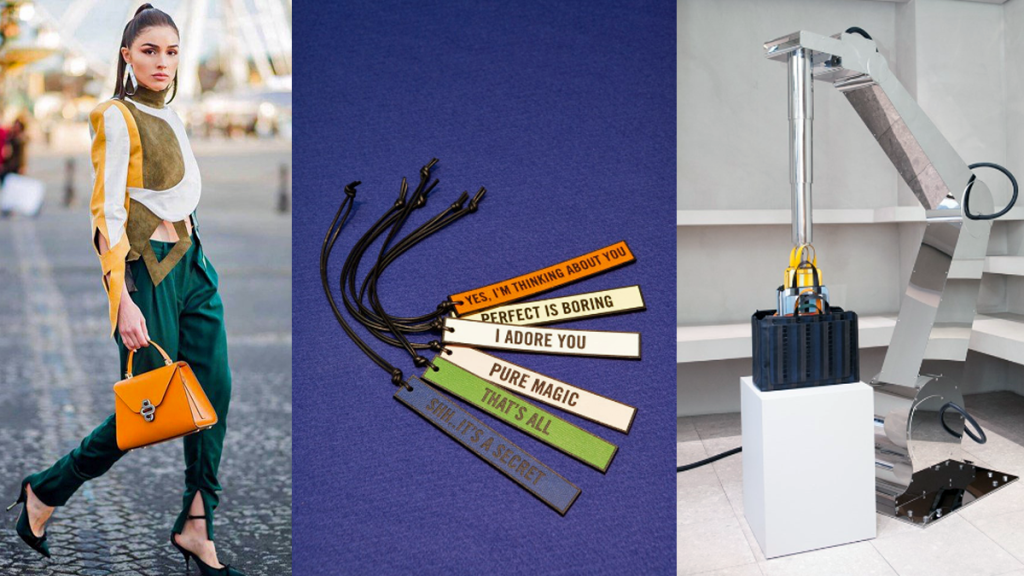
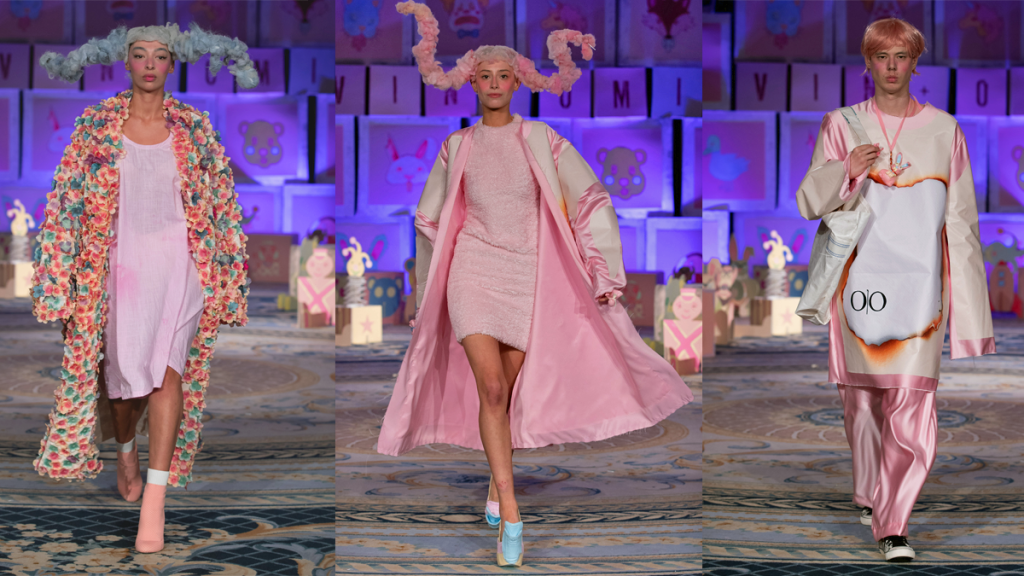
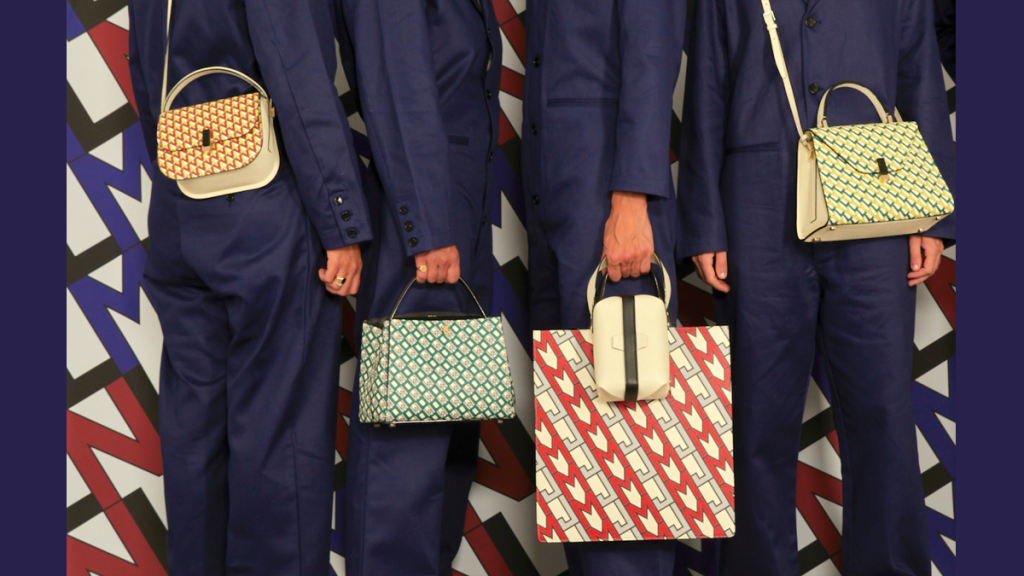
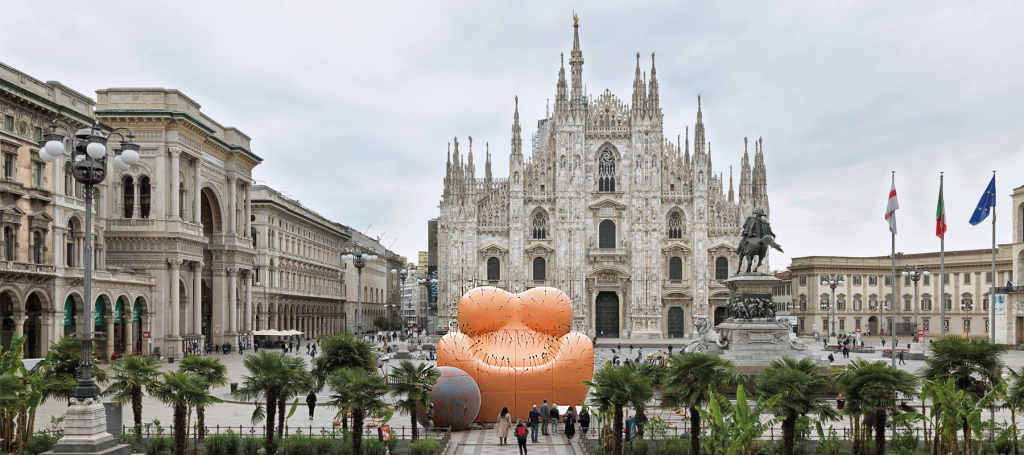
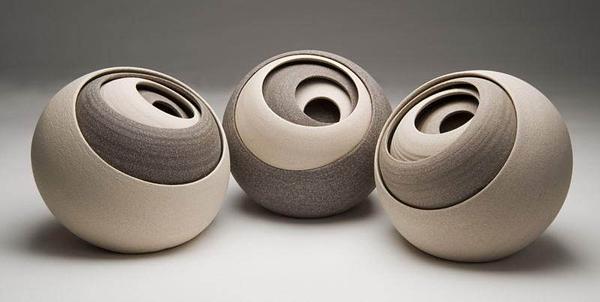
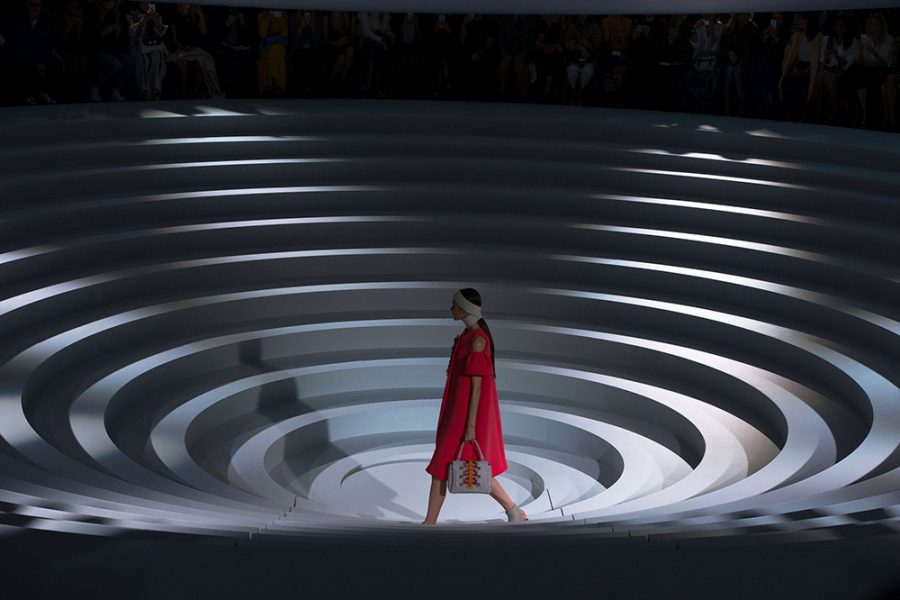

Hey! Leave a comment!